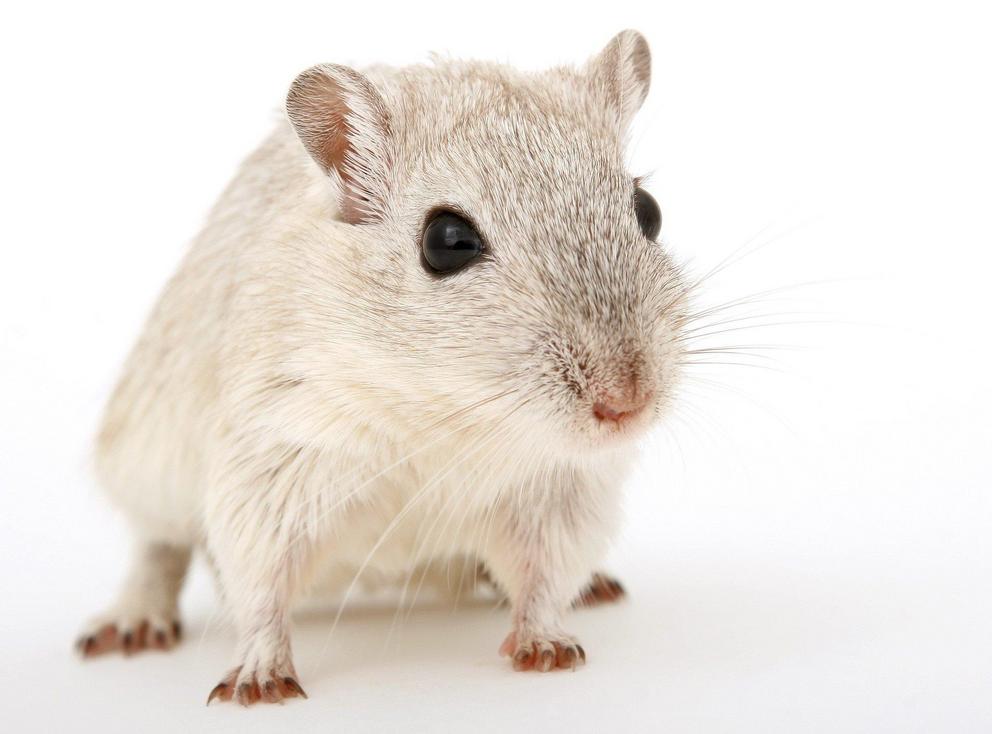After billions dead - Kelloggs agrees to end animal testing
New Global Policy Prohibits Conducting, Funding, Supporting, and Condoning Experiments on Animals, Sparing Thousands of Rats and Hamsters
Sydney – Following extensive discussions with PETA US that spanned more than 11 years, the world's leading cereal maker, Kellogg Company – which trades as Kellogg's in Australia – has adopted a new global policy ending the use of animals in harmful and deadly tests for food products or ingredients when not explicitly required by law – a practice that the company pursued for nearly 65 years.
PETA US first urged Kellogg to stop conducting and funding experiments on animals in 2007. In the following years, the company pledged to minimise and limit the scope of its tests on animals, required audits of all the testing laboratories it used, and eliminated animal tests in its own laboratories. Its new policy, finalised last week, prohibits conducting, funding, supporting, and condoning animal tests.
"The global food industry is recognising that no marketing claim can possibly excuse force-feeding, poisoning, suffocating, and killing gentle rats in cruel and deadly tests," says PETA Partnerships Manager Emily Rice. "The Kellogg Company is no longer a cereal killer of animals in deadly tests, and PETA applauds the company's decision to embrace superior, non-animal research methods."
From 1995 to 2016, Kellogg conducted, funded, or supplied materials for deadly experiments that used a total of 1,213 rats and 60 hamsters. Its tests on animals date back to at least 1954, but after reaching an agreement with PETA US, the company posted its new public policy prohibiting animal testing in January 2019.
In one of Kellogg's tests, experimenters starved rats for two days, removed half of their small intestine, fed them fatty acids, force-fed or injected them with drugs, and then killed and dissected them. In another, experimenters fed rats a high-fat diet with wheat bran, repeatedly injected them with a carcinogen that induces colon tumours, suffocated them to death, and dissected them. None of these experiments to substantiate product-marketing claims is required by law.
PETA notes that tests such as those previously conducted or funded by Kellogg, which involve common food ingredients with no toxicity concerns, can safely be conducted using humans and that numerous such studies have already been conducted and published.
Kellogg joins a growing list of major food companies – including The Coca-Cola Company, Kikkoman, Yakult, Lipton, and Ocean Spray – that have worked with PETA US to adopt new policies banning animal tests.
For more information, please visit PETA.org.au.

